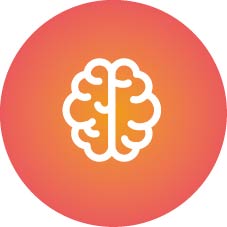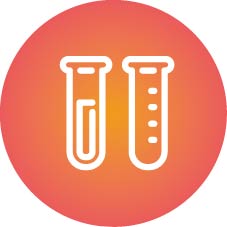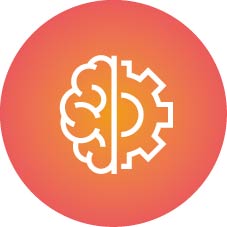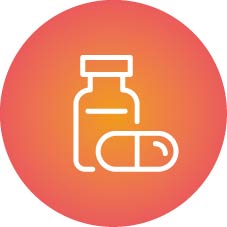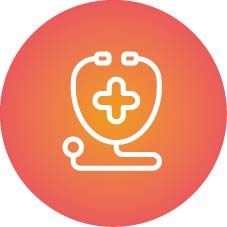Hearing Loss May Hasten Cognitive Decline More Than We Think Hearing loss can seem just like an inevitable part of ageing for some. However, the evidence is more serious. Untreated hearing loss is now recognised as one of the most significant modifiable risk factors...
